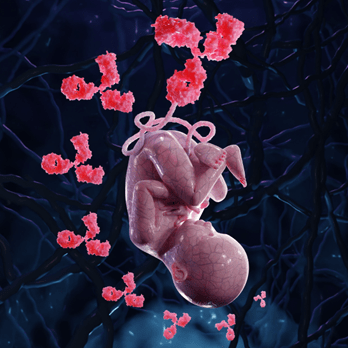An Immunological Approach to Improving Pregnancy Outcomes
Every hour over 1000 babies die from being born too early (premature). A similar number of babies born on time will succumb to infection, and over 2000 babies are estimated to die in utero (stillbirth). The number of people affected by these public health emergencies rival or exceed any recent pandemics. However, adequately addressing these problems requires fundamental new knowledge on how our bodies develop, growth, reproduce and interact with microbes, especially in vulnerable developmental windows. Our laboratory investigates creative ways to fill knowledge gaps relevant to improving pregnancy outcomes or boosting host defense in newborn babies. We primarily attack these problems using an immunological focus addressing fundamental questions like why mothers do not reject their babies, why babies do not reject their mothers, and how babies adapt during the brisk transition from a sterile in utero environment to the external world filled with commensal microbes at the time of birth. Given the importance of reproductive fitness and pregnancy outcomes in trait selection, we envision these platforms can also reveal fundamental new insights for immunology in other contexts including autoimmunity, transplantation and cancer.





